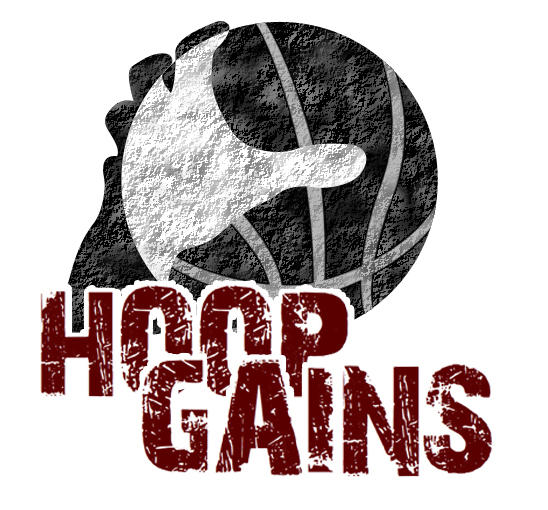Why Do You Work So Hard?
/I was talking with a friend the other day about my recent post called "why pros don’t enjoy basketball anymore." The post discusses how paying someone to do something they already love can turn it into “paid drudgery."
He’s going to be playing professional basketball next year and was asking me if I felt like basketball had become “paid drudgery” for me. I thought about it for a few moments and said no. I still love playing basketball despite being paid to do it. But the reason why I work so hard has shifted.
My Motivations
When I played in high school and college I was motivated to work hard for 2 main reasons:
My primary motivation was success for my team, teammates, coaches and for the program. I trained really hard in the offseason because I wanted our teams to win. I loved working on my game because I knew it would pay off in team success the following year. I had close relationships with all my teammates and strong team chemistry. I would imagine our team huddled together in a timeout in the 4th quarter of the league championship game and get goosebumps.
My secondary motivation was smaller and more personal. I also derived satisfaction in working hard because I wanted to see what I was capable of. I wanted to see how good I could be and I knew hard work was how I would reveal that truth. I felt a sense of satisfaction that came from chasing mastery.
Once I turned pro, these motivations flipped.
In professional basketball overseas, the team aspect gets minimized and the individual motivations grow. That’s just how the system works.
Most guys change teams each year. That means a whole new set of teammates, coaches and a new organization.
Each player's salary is largely dependent on their stats, which incentivizes every player on the team to put personal success over team success.
As a point of pride, I avoided this temptation. Basketball for me will always be a team-first sport. But even so, if all your teammates are putting their individual needs first, there’s not much team unity or chemistry.
In the offseason, you don’t know what team you’re going to be on. Since you have no idea who your teammates will be or even what country you’ll be living in, you can’t draw motivation from the team aspect. Trying to imagine a team of faceless, nameless players who you’ve never met before isn’t very inspiring.
As a result, my secondary motivation (to reach my full potential) became my primary motivation. That shift caused some difficulties for me.
My Difficulties
Looking back on my last 2 summers it’s clear that I hit more snags in my workouts than I had in years past.
I remember writing in my journal about how hard it was to get through the daily workouts.
On September 9th, 2015 I wrote: "Recently, I've been struggling with my training because I'm not as excited to go train as I used to be. I used to feel excited to go get shots up, but now it feels more like an obligation to myself. I'm still training as hard as ever (harder probably) but it takes more to get me through warm-ups and to get me playing and practicing at the extreme levels of concentration and effort to which I have become accustomed."
I honestly thought I was burned out or losing my love for the game. It seemed like the daily grind of lifting and training was just chewing me up. But looking back I think I was just trying to draw motivation from a source that was no longer there.
In high school and college, my desire to be the best I could be for my team pushed me through the mental and physical exhaustion. But once my professional career began and that team motivation was removed, I found it hard to motivate myself in the same way.
I still worked extremely hard, but I had to rearrange in my mind why I was doing it. My motivating self-talk changed from “your team is counting on you" to “how good do you want to be?”
I share this story because I think it highlights the importance of understanding your personal motivations. Knowing what will drive you to push through tough moments can be a tremendous asset during the long and grueling offseason.

